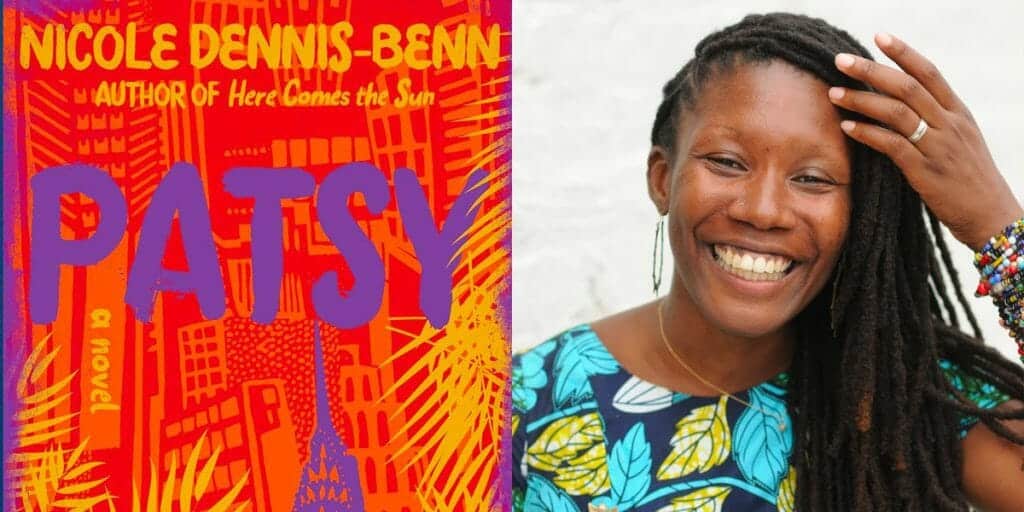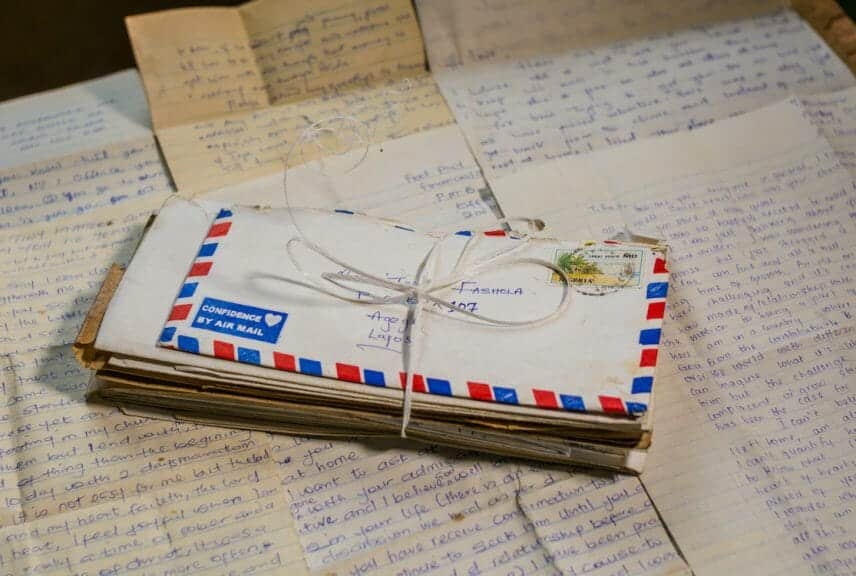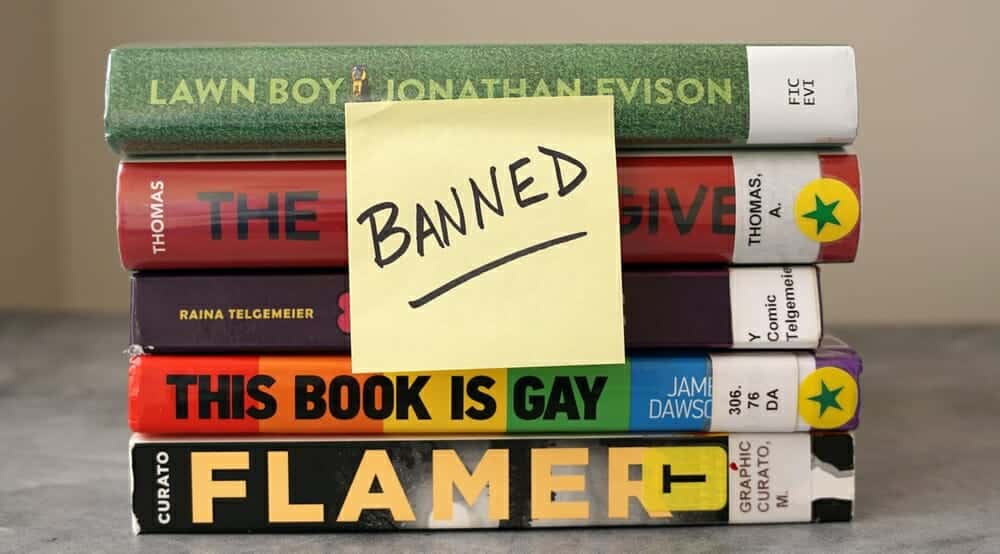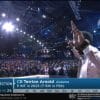Why do we tell stories? Narrative tales have always been a hallmark of our lives, both as individuals and for humanity as a whole. They allow communities to unite and thrive on the basis of shared empirical or emotional information. Stories act as verbal bridges; book banning threatens to burn them down.
The evolutionary advantage of storytelling posits that we are more likely to remember and adhere to rules and precautions that are presented in a narrative way. Stories bear interpersonal significance by encouraging readers and listeners to generate empathy toward and reduce biases against others.
We can extract intrapersonal benefits as well. Christine Hennebury states an idea both comforting and humbling: “a story’s most important function is to remind us that we are not alone in the world.”
Book banning is a growing epidemic that has resurged in America over the past year, actively limiting what stories are shared. Supporters remove books from libraries and school curricula, citing “a desire to protect children from ‘inappropriate’ sexual content or ‘offensive’ language.”
Although individuals and institutions fight against the ever-growing banned-book list, the movement has gained an alarming amount of traction. Over 100 state legislature bills have been implemented in the past year with the purpose of censoring teachers and teaching material.
One of the most frightening bans is occurring in Florida, where presidential candidate Ron DeSantis heads the charge.
The Florida bans predominantly apply to books that feature and challenge topics of gender, race, sexual identity, mental illness, and immigration, all of which are found in Patsy.
What is Patsy?
Patsy, a novel by Nicole Dennis-Benn, follows the eponymous protagonist and her daughter Tru as they navigate their lives separated by country but bound by blood.
The novel explores parent-child relationships, sexual identity, and (the lack of) acknowledging and understanding all of the truths of one’s own lived experience–either by choice or circumstance.
I read Patsy as part of my school curriculum. I couldn’t relate to all of the specifics in the novel as I’m a cisgender, heterosexual, white American woman. However, I felt very strong connections to the deeper truths it expresses about ideas like love, community, and womanhood.
The arc of the story–in which Patsy struggles to ignore the crueler aspects of her past and present and to keep these facts from Tru until she realizes that doing so is only hurting them both–is in many ways analogous to the trend of book banning.
Patsy not only shines a light on many issues that are often underrepresented in our society; it serves as a potent example of the importance of storytelling overall. It allows readers to better understand the hazardous nature of book banning as it is happening in real time.
And it is a novel I firmly advocate for keeping or implementing in secondary school curricula.

Credit: Oprah Daily: Patsy, by Nicole Dennis-Benn.
Connections between Patsy and book banning
For the first half of the novel, Patsy tries to suppress the memories and feelings she has in relation to her sexuality as a queer woman and her role as an absentee mother. She surrendered herself to indifference, thinking it is “better to exist numb, a mere husk that could float even on the most treacherous seas, than to feel pain.”
This description inherently reveals the harmful nature of her choice: Patsy became a “husk,” a shell of a person. This emptiness allows her to keep her head up “even on the most treacherous seas.”
But is it worth it? At the cost of autonomy and psychic fullness, should one subject themself to the perilous undulations of life for the sake of simply not sinking or daring to learn to swim?
Meanwhile, Tru grapples with serious questions regarding her gender and sexuality. She feels out of place in her own body. She is deprived of exposure to people or resources that might reflect and help her make sense of her own experience.
She self-harms as she feels like she has no other way to express her internal turmoil. At one point, she almost takes her own life because she feels so alienated.
What we can learn from Patsy…
As a reader, one may wonder how Tru’s life would have changed had she been able to talk through her gender and sexuality with her mother, a fellow queer Jamaican woman. One may see the parallels between Patsy and Tru, perceiving the potential for growth and connection if only they could have shared their stories and discussed the difficult truths of their existence together.
While Patsy tries to disconnect herself from the more painful parts of her reality and to keep them from Tru, Patsy unwittingly deprives her daughter and herself of the honesty and exposure necessary for them both to move forward.
This sequence of events reflects that which occurs when families and governments ban certain books, and the dangers that come with it.

Credit: Shutterstock/Ajibola Fasola.
It is only once Patsy allows herself to acknowledge all the aspects of her past and present that she can begin to progress in her life and let Tru do the same.
In a letter to Tru–the first one she’s sent in ten years–Patsy writes, “I was guilty because I had brought you into a world I could not change–a world I feared would break you, too… Never let anyone define you. Always know that you matter… The least I can do is set you free.”
When Patsy openly divulges her thoughts, feelings, and actions, she provides Tru with a basis for understanding, connecting, and ultimately forgiving.
Patsy’s letter was a challenge to both write and read. For Patsy, it’s raw and confessional, somehow trying to make up for a decade’s worth of silence. For Tru, it’s frightening and dangerous, a potential trap to suck her into her mother’s spiral or to sever ties forever.
But Patsy’s closing sentiment–“the least I can do is set you free”–underscores the importance of the letter’s existence. Through Patsy and Tru, readers see how truth and knowledge are keystones in inter- and intrapersonal connection and contentment.
It isn’t coddling or controlling that allows people to grow and thrive, but freedom–intellectual, psychic, or otherwise. Freedom to learn, and from there, freedom to choose; stories both stem from and supply that freedom.
…And how that learning will help us
Patsy is a story that should always be told. Many of the critical topics and themes it covers are being targeted and remaining untaught now more than ever. The novel highlights how detrimental it can be for someone to feel like their identity is alienated or unrepresented in their world.
In a secondary school curriculum, Patsy could act as a catalyst for generating understanding and empathy.
What’s more, though, is the parallels that one could draw between events in the novel and modern American book banning.
If we follow Patsy and Tru, we’re in for a rough ride until we can recognize our wrongdoings.
Stories are an integral part of how societies function and flourish. We can’t villainize or exile certain ones just because they seem scary or unattractive. As opposed to being a source of power we can utilize to expand and enhance our lives, banned stories have power over us.
Through misunderstanding and neglect, they become an obscure fog. They prevent us from seeing across the chasms of our differences to build the verbal bridges they should so readily be.
I’m not saying that we should sit kindergarteners in front of R-rated movies or give fifth-graders play-by-plays of horrific events. But, subjecting children to perceptual lidocaine, instilling apathy and ignorance under the guise of care–banning books!–will only intensify the evils we’re trying to hide from them–or rather, hide them from.














